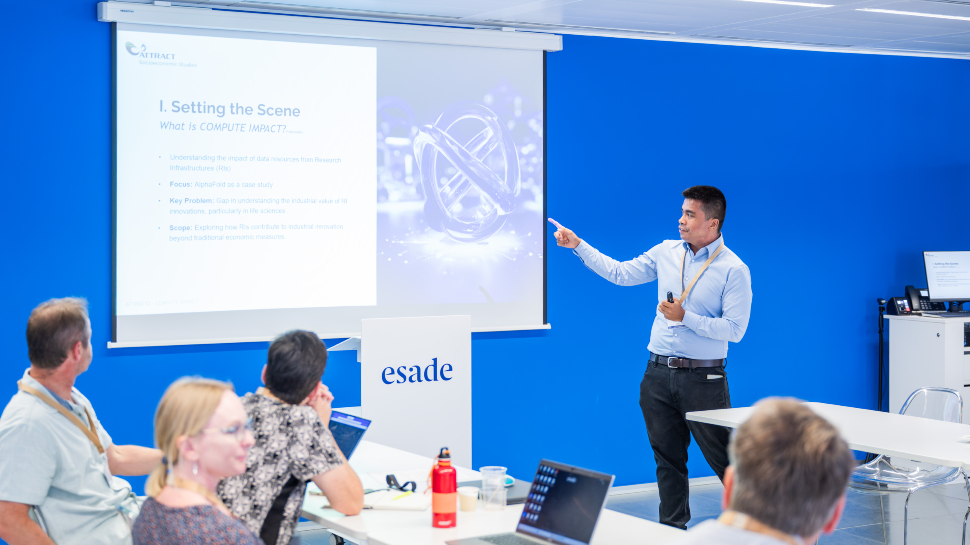The European Research Infrastructure-Innovation Ecosystem (ERI-IE) has played a central role in advancing computational tools and generating large datasets that contribute to industrial and societal progress. However, the impact of these technologies has not been fully captured in traditional socioeconomic evaluations. Existing assessments have primarily focused on their value within academic and scientific contexts, while their relevance to industrial applications remains less well understood. In certain fields, such as life sciences, there is a lack of detailed analysis regarding the specific contributions of computational infrastructures to industry innovation.
Research Infrastructures (RIs) serve as a foundation for different advancements, particularly in bioinformatics and multi-omics applications. These advancements are increasingly important in the pharmaceutical and biotechnology industries, as well as in emerging therapeutic and clinical medicine approaches. To address this gap, studies have sought to examine how industrial partners benefit from bioinformatics research infrastructures and the computational technologies they provide.
The COMPUTE IMPACT project was designed to analyze the effects of computational and data-driven technologies developed within RIs, specifically within the life sciences sector. It concentrates on AlphaFold, under the European Molecular Biology Laboratory – European Bioinformatics Institute (EMBL-EBI), which is a significant example of a computational tool with industrial and scientific applications. By focusing on this case study, researchers aimed to better understand how innovations from RIs create value for the industry and to develop more precise methodologies for assessing their impact.
The project’s methodology includes an investigation into the development, diffusion, and industry adoption of computational tools. This involved engaging with stakeholders at EMBL through interviews and conducting bibliometric and archival studies to trace the evolution of protein science. The study particularly examined AlphaFold’s role in transforming the field by enhancing protein structure prediction capabilities.
Findings from the research highlighted key impacts of computational tools emerging from RIs. The increased accessibility to advanced technologies has enabled broader participation in scientific research and facilitated interdisciplinary collaboration. In addition, the availability of such tools has improved research efficiency by streamlining complex scientific processes.
“We need to move beyond traditional metrics to truly understand how computational tools like AlphaFold are reshaping research. Seeing first-hand how scientists leverage these tools gives you a more nuanced picture of AI’s promises”, mentioned Angelo Romasanta, Assistant Professor at Esade and coordinator of COMPUTE IMPACT.
This project is coordinated by Esade Business School in partnership with DeepMind, an artificial intelligence research laboratory, EMBL, an organization dedicated to molecular biology research and Warwick Business School.
Here you can watch a video of the Compute Impact project:
For additional information about the program, visit here.


